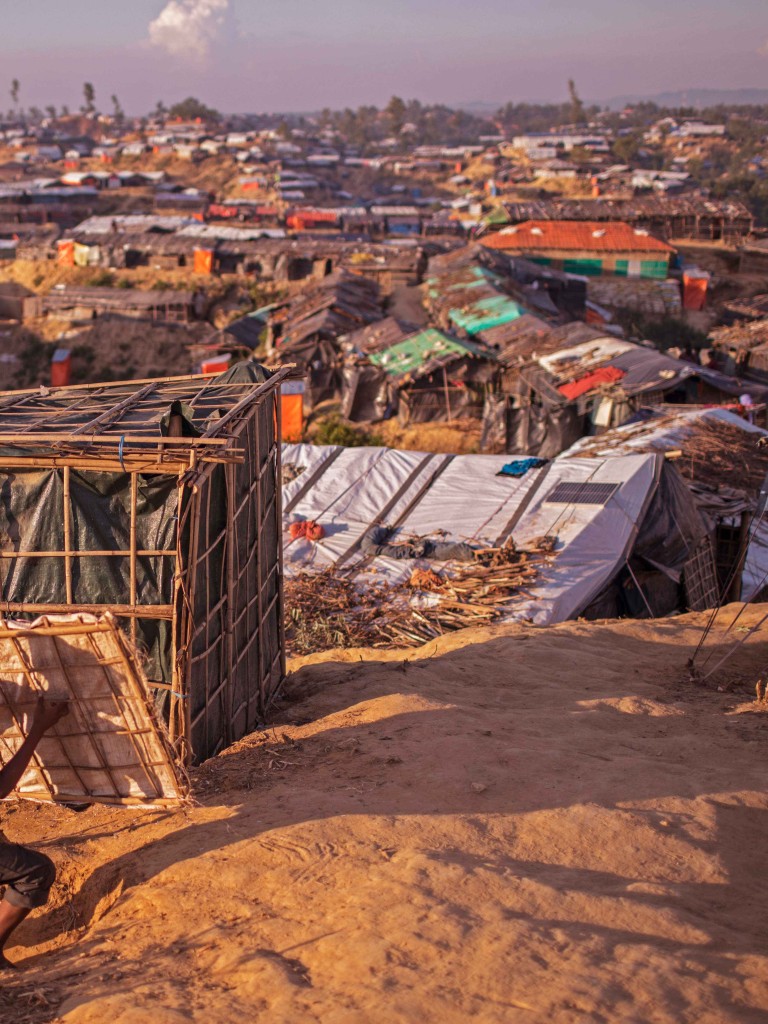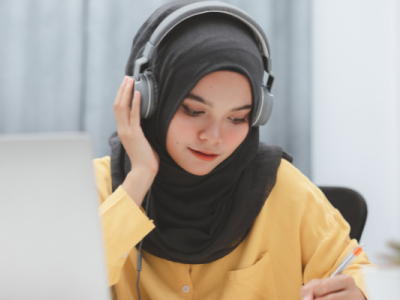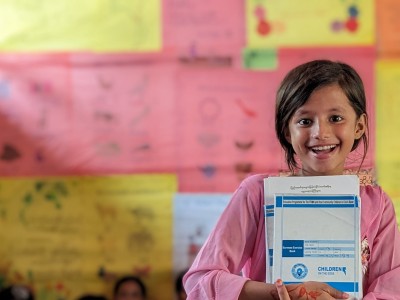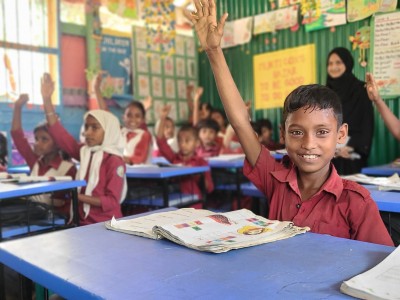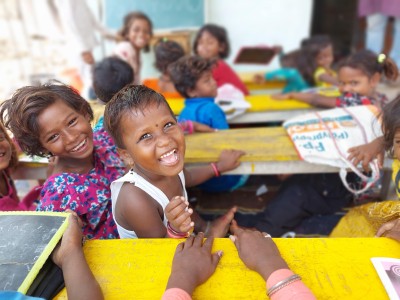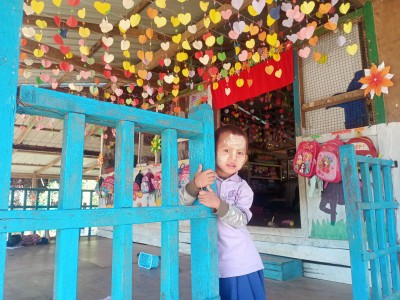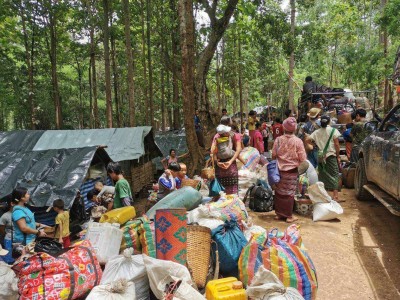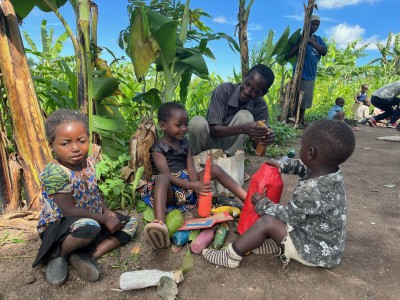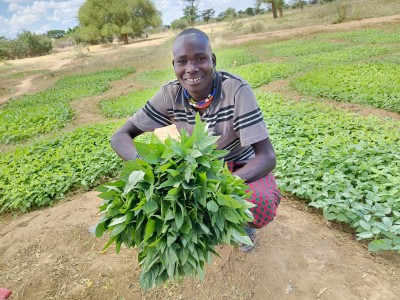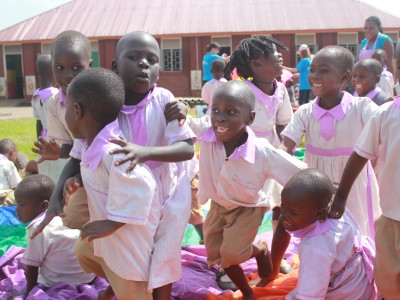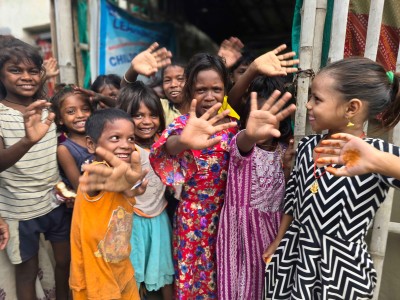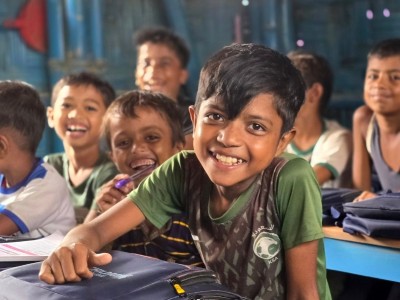"
Children on the Edge is what its name says. It’s about the most marginalised, those living on the very edges of their society.
"
We exist to support the world’s most marginalised children in the toughest situations.
You will mainly find us in places where the camera’s do not click, where many aid agencies do not venture and where children facing hardship and discrimination are simply overlooked.
Our Programmes
OUR IMPACT
35
15,500
490

